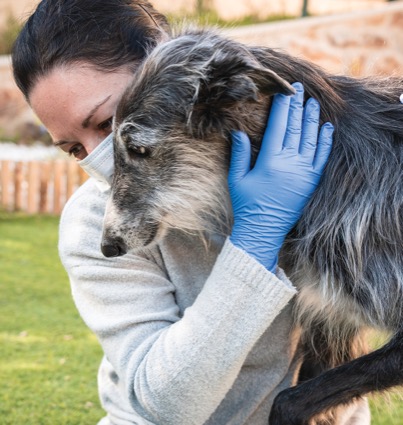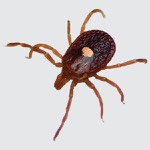A shift occurring in canine coronavirus points to a possible pattern that may provide clues about zoonotic transmission.
Cornell and Temple University researchers identified a pattern that occurs in the terminus of canine coronavirus, which was first identified in 2017 in two Malaysian human patients with pneumonia. The virus shifted from infecting both the gastrointestinal and respiratory tracts of the animal host to infecting only the respiratory tract in the human host.
The researchers identified a change in the terminus of the spike protein—known as the N-terminus—a region of the molecule with alterations also detected in another coronavirus, which jumped from bats to humans, where it causes respiratory symptoms (Viruses 2022;14[5]:853).
In humans, the main receptor that the Alphacoronavirus spike protein binds with is called APN, but there are also coreceptors. One of these is sialic acid, which is found in GI cells. The researchers identified a region of the spike protein in the N-terminus called the O-domain. The canine coronavirus found in the Malaysian patients appeared to be losing its O-domain. The researchers found evidence of “relaxed evolution,” where the pressures of natural selection become reduced, which facilitated the shift.
The researchers compared this shift and loss of the O-domain to other related coronaviruses. One, called transmissible GI virus (TGEV), infects pigs and causes respiratory and GI disease. A variant called porcine respiratory coronavirus, is almost identical to TGEV, but it has lost its O-domain and is entirely a respiratory pathogen. Similarly, another coronavirus originated in bats as a GI virus, lost its O-domain and jumped to a human host as a respiratory virus.
“So, this is a pattern that seems to be repeating itself in coronavirus evolution and, in particular, in coronavirus evolution associated with these tropism shifts, where we go from a gastrointestinal infection originally and then jumping to an alternate host, where it’s now respiratory,” Michael Stanhope, PhD, a professor of public and ecosystem health at Cornell University College of Veterinary Medicine, in Ithaca, N.Y.
This article is from the June 2022 print issue.






